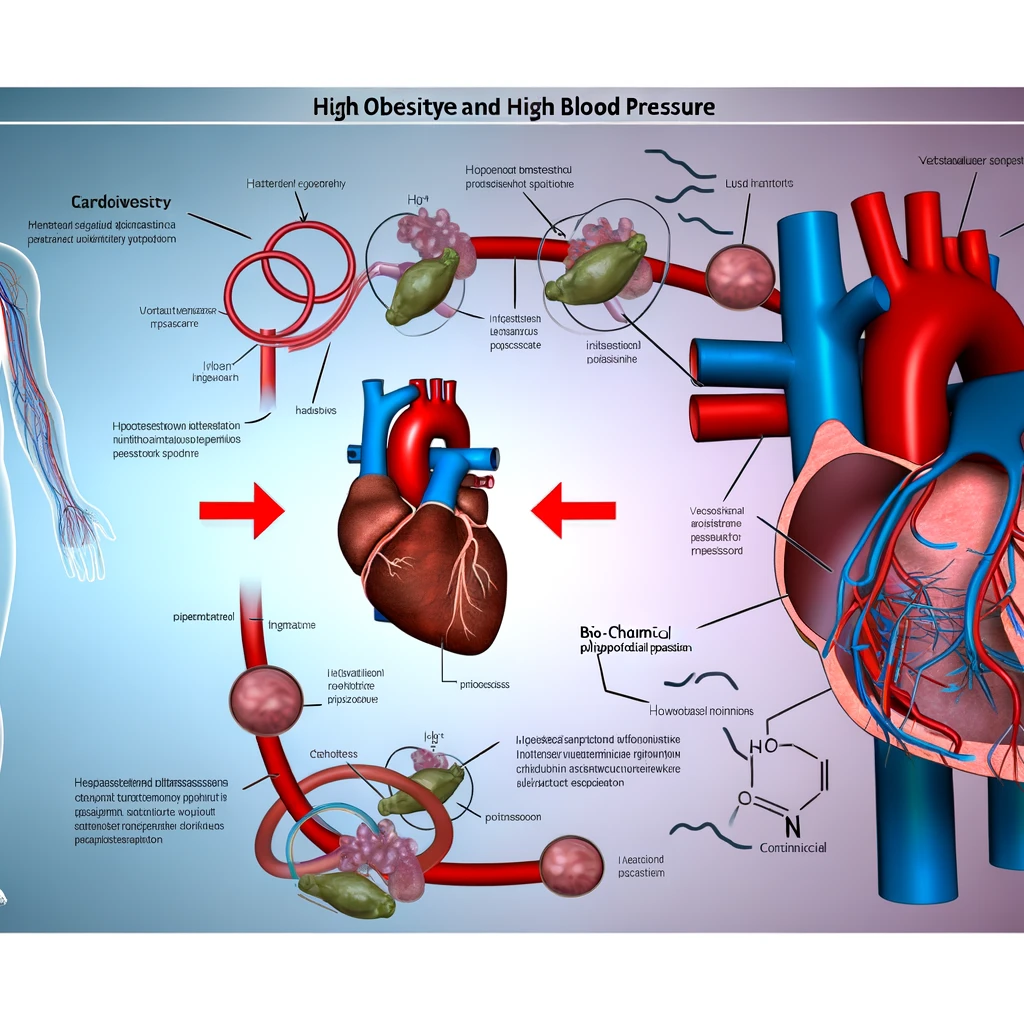Related Articles









Potassium is a vital mineral that plays a significant role in maintaining various bodily functions, including the regulation of blood pressure. It is essential for heart health, and understanding its impact can lead to better management of hypertension and overall cardiovascular well-being.
Potassium is an electrolyte that helps conduct electricity in the body, which is crucial for muscle contractions and nerve function. It also plays a key part in maintaining fluid balance and pH levels in the body, which are critical for many physiological processes.
Potassium helps to reduce blood pressure by balancing the negative effects of sodium. High sodium levels in the diet can lead to increased blood pressure, as it causes the body to retain water, increasing the volume of blood, and consequently the pressure on artery walls. Potassium helps to expel sodium from the body through urine, reducing the tension in blood vessels.
Beyond blood pressure regulation, potassium is essential for heart health. It helps to maintain a steady heartbeat and reduces the risk of heart disease. By aiding in the reduction of arterial stiffness, potassium supports the overall function of the cardiovascular system.
Ensuring an adequate intake of potassium can be achieved by incorporating a variety of foods into your diet. Some potassium-rich foods include:
Incorporating these foods into your daily meals can significantly contribute to maintaining optimal potassium levels in the body.
The recommended daily intake of potassium varies based on age, gender, and health status. Generally, adults should aim for about 2,500 to 3,500 mg per day. It is important to consult with healthcare providers to determine the appropriate amount for individual needs.
While potassium is crucial for health, excessive intake can lead to hyperkalemia, a condition characterized by too much potassium in the blood. This can be particularly risky for individuals with kidney disease, as their ability to excrete potassium is compromised. Monitoring potassium intake and discussing dietary choices with healthcare professionals is advisable.
Potassium is an essential mineral for maintaining healthy blood pressure and supporting cardiovascular health. By understanding its role and ensuring adequate intake through a balanced diet, individuals can take proactive steps towards managing their blood pressure and enhancing their overall health. Always consider dietary choices in consultation with healthcare providers to tailor intake to personal health needs.